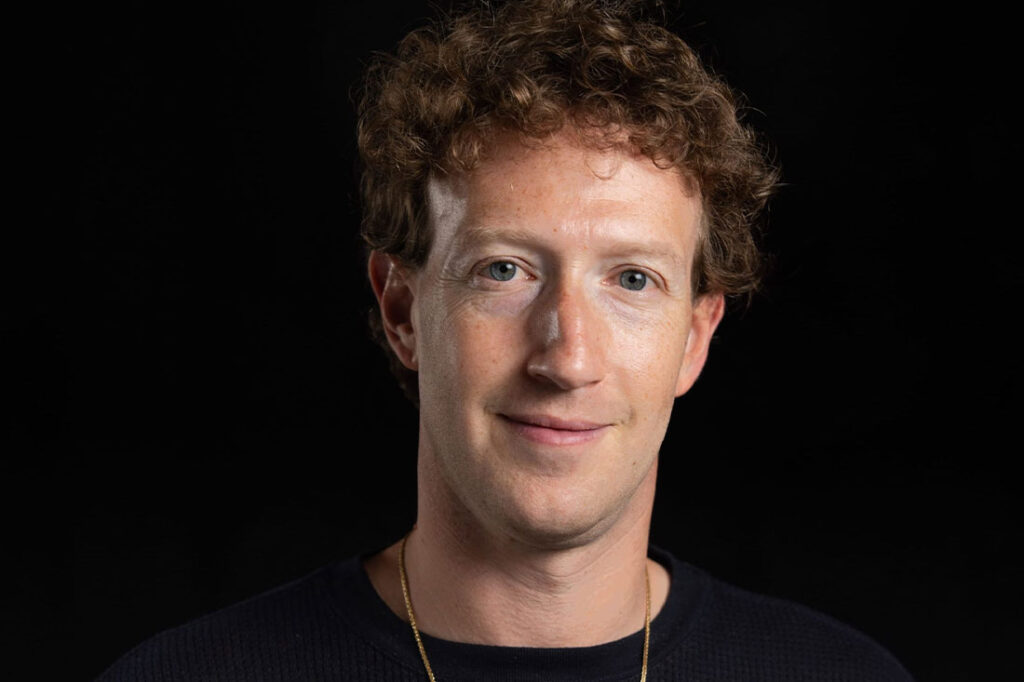Google’s profits keep climbing. OpenAI — the same company that fueled a wave of chatbot cheating — now wants to embed AI into every crevice of college life. Not to be outdone, Mark Zuckerberg just announced a new superintelligence lab, backed by nine-figure salaries and blind ambition. But somehow, the New York Times wants you to believe that “Big Tech Is Finally Losing.” If there’s a more laughable sentence in American media this year, I haven’t seen it.
We are not witnessing the collapse of Big Tech. We are witnessing its coronation.
Julia Angwin’s opinion piece clutches at courtroom verdicts and minor regulatory wins like a child gripping a plastic sword in the middle of an actual war. Yes, there are lawsuits. Yes, there are murmurs about monopoly abuse and transactional penalties. However, to suggest that these amount to anything more than speed bumps in Big Tech’s imperial march is to fundamentally misunderstand the scale, scope, and philosophy of power in 2025. (RELATED: Should We Believe Facebook on Free Speech?)
Meta isn’t trembling. It’s cloning you.
OpenAI isn’t worried. It’s wiring your children’s curriculum.
Google isn’t hurting. It’s metabolizing the internet.
The fantasy that competition is “finally” coming ignores the structural fact: these companies are not traditional monopolies. They are data sovereigns. Rulers not of oil or railroads but of thought itself. What Exxon was to Texas, OpenAI is to language. What AT&T once controlled with copper wires, Palantir now pilots through predictive warfare models. (RELATED: The Big Beautiful Bill’s Moratorium on AI Regulation Is Dangerous)
And while Angwin dreams of cheaper books on Kindle and a “cooler” search engine, the actual frontier is generative dominance — AI agents crawling your inbox, rewriting your memories, anticipating your fears. While she celebrates Proton shaving a few dollars off its pricing, Sam Altman is quietly amassing the digital scaffolding to steer not just queries, but cognition. (RELATED: Self-Reliance: The Lost Trail of Silicon Valley)
This isn’t just regulatory naïveté. It’s a category error of the highest order. You don’t bring a court order to an existential war. You don’t tame Leviathan with paperwork. And yet somehow, the Times let Julia Angwin, a longtime contributor and one of tech’s more housebroken critics, publish a piece so staggeringly off-base it reads like satire. The fact that this take made it past editors without someone pulling the emergency brake raises more than eyebrows. It raises one all-caps acronym: WTF.
The notion that a search engine is simply a marketplace of results — and that more competition will somehow fix it — misses the forest, the trees, and the axe being swung. Google is no longer a search engine. It is the filter through which billions interpret reality. You don’t compete with that by launching a shinier tab bar.
As for Perplexity, the much-hyped AI “competition” Angwin notes, it’s built on OpenAI’s infrastructure and trained on its models. Funded by venture capital firms that also bankroll OpenAI and its competitors. It’s not a rival — it’s a subsidiary in everything but name. This isn’t disruption. It’s stagecraft. These companies emerge from the same bloodstream, speak the same jargon, and answer to the same oddball gurus. They exist to give the appearance of competition while reinforcing the same core power structure.
What Angwin calls a “technology revolution” is not the dismantling of Big Tech. Not less powerful, just less visible. Less corporate suit, more neural implant. It’s a mutation into something more intimate, more permanent, more inside you than ever before. Because this isn’t 1999. There’s no plucky startup in a garage about to dethrone Microsoft. There’s no elegant antitrust cavalry coming over the hill. The code is no longer the product — you are. Your face, your voice, your habits. Scraped, compressed, and repackaged for maximum extraction. And what’s being extracted isn’t just data — it’s foresight. Today, prediction is power. When they know what you’ll do before you do, they don’t need to manipulate you. They just need to wait.
The truth is, Big Tech has never been stronger. It has never had more money, data, compute, talent, or ideological cover. It has never been closer to becoming a state within a state, a parallel government answerable to no one but shareholders and the whims of its techno-priests.
And while the author gleefully recalls Apple being “forced” to let Fortnite (a wildly popular online video game) back on the App Store — as if that signals some great reckoning — Sam Altman is quietly pitching digital nationhood. Not a company. A country. One with no borders, no ballots, no constitution — just algorithms, loyalty points, and biometric onboarding. A world where governance isn’t elected, it’s engineered. Where obedience is gamified, and citizenship is something you earn by behaving the way the system predicts you will.
This isn’t disruption. It’s domination dressed in futurism. And the idea that a turf war over a video game somehow outweighs that is laughable.
This is the delusion we face: that because a few courts have started nibbling at the ankles of tech giants, the beasts are in retreat. They are not. They are evolving. And while the media hails procedural victories, the real work is happening elsewhere — in backrooms, in black sites, in code none of us are allowed to read.
It seems like only yesterday BlackRock looked like our biggest problem. Don’t get me wrong — it’s still problematic. But compared to what OpenAI, Meta, and the rest are now building, even BlackRock starts to look quaint. This isn’t the twilight of tech. It’s just the part where it stops pretending. So no, Big Tech isn’t finally losing. If anything, it’s just getting started.
READ MORE from John Mac Ghlionn:
The Curious Case of the Castro-Cuddling, Trump-Hating Humanitarian
America’s Dumbest Refugees Pick God’s Cruelest Joke
Soap, Sex, and Simulacra: Hollywood’s Latest Moment of Madness
























